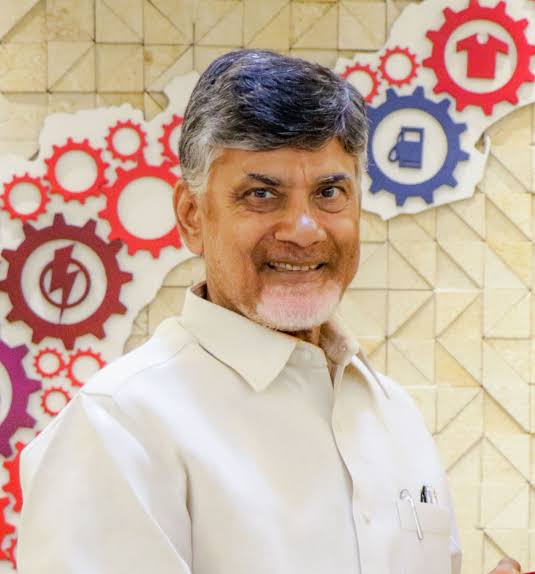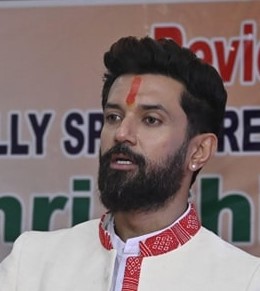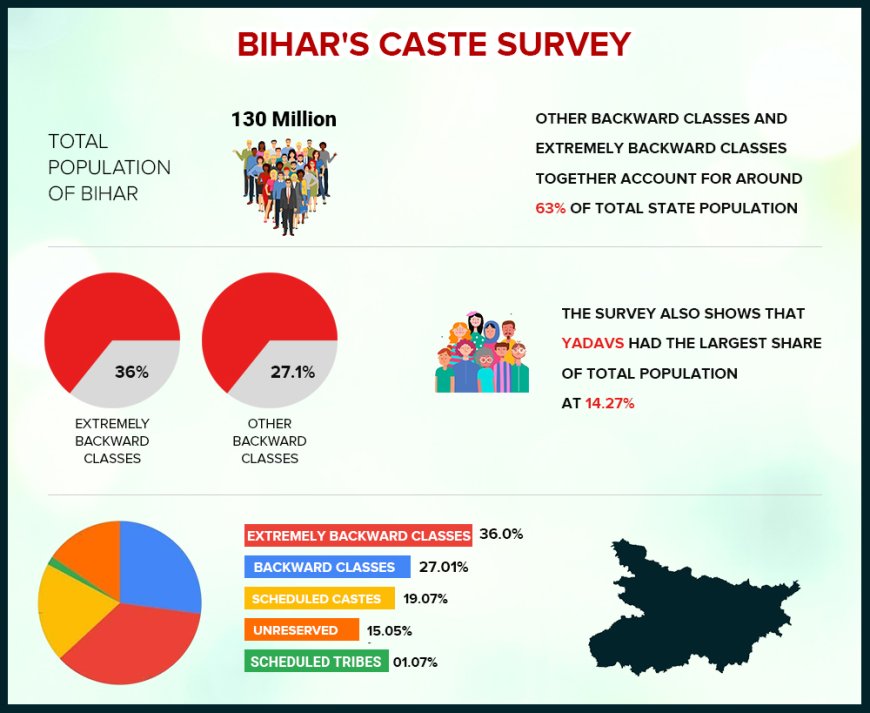Tridib Raman
The Government of India is set to end its association with a prominent Washington-based lobbying firm. Officials have clearly informed the firm that their contract will not be renewed. During the recent India-Pakistan tensions, India had hoped that the firm would campaign to ensure U.S. policy decisions under the Trump administration reflected Indian interests — a hope that remained largely unfulfilled. The lobbying firm claimed that it had over 6,000 posts made on X (formerly Twitter) and mobilized more than 11,000 Instagram accounts in favor of India during the period of heightened tension. However, it also pointed out that “Trump is a man of his own will — his views cannot be influenced or controlled.” The Indian government responded that the firm’s services were meant to influence policy makers, not civil society. An analysis of social media activity revealed that most of the supportive accounts were operated by American Jews, a group generally known for holding distinct views toward the Muslim community. Following this assessment, India decided to pivot its strategy. The government has opted to send separate delegations of Members of Parliament to various countries to present India’s perspective to local media, political parties, universities, and the public—emphasizing the importance of eradicating terrorism for a better world. Similarly, in 1994, the Narasimha Rao government sent a delegation led by then-Opposition leader Atal Bihari Vajpayee to the UN Human Rights Commission in Geneva, where they successfully blocked a Pakistan-backed resolution condemning India’s human rights record in Jammu and Kashmir. One such delegation, led by Ravi Shankar Prasad, includes Priyanka Chaturvedi, D. Purandeswari and M.J. Akbar. Other selected MPs include Asaduddin Owaisi, Shashi Tharoor, Srikant Shinde, Sanjay Kumar Jha, Kanimozhi, Baijayant Panda, among others. The delegation headed by Ravi Shankar Prasad will visit Muslim-majority countries like Saudi Arabia, Kuwait, and Algeria. Meanwhile, the Ministry of External Affairs is making necessary arrangements for other MPs’ foreign visits based on their expertise.
India to Replace Its Envoys in Bulk
Tridib Raman
In the wake of ‘Operation Sindoor’ and the ongoing India-Pakistan tensions, several Indian embassies abroad are under scrutiny for failing to mobilize adequate international support. Reports suggest that the Modi government summoned the Foreign Minister two days ago and grilled him on the matter. Even traditionally supportive neighbours like Bhutan remained neutral this time, along with Nepal, Sri Lanka, and the Maldives, while 7-8 small African nations even spoke against India—despite India’s long-standing advocacy for the ‘Non-Aligned Movement’ and consistent aid to African countries. The Ministry reportedly defended itself by stating that these were mostly Muslim-majority African nations, but the government countered by pointing out that Muslims make up 18% of India’s population — hardly a negligible figure. Further criticism was directed at Indian embassies in countries like Malaysia, Azerbaijan, and Egypt, where Pakistani diplomatic efforts led to visible public support, including protests with pro-Pakistan placards. The Indian embassies, by contrast, failed to generate similar backing. Given the PMO’s stern stance, indications are that India may recall its ambassadors from at least 18-19 countries in the coming days, replacing them with more proactive diplomats.
No One Can Control Chandrababu
Tridib Raman

Andhra Pradesh Chief Minister Chandrababu Naidu continues to enjoy special favor from Prime Minister Modi. Whenever Naidu visits Delhi, he invariably returns with major gifts for his state. According to sources, shortly before ‘Operation Sindoor’, when Naidu came to Delhi to invite the PM to Andhra Pradesh, he also met with the government’s second-in-command, Amit Shah. During their conversation, Chandrababu reminded Shah that when the TDP extended its support to Narendra Modi for forming the central government in 2024, it was agreed that his party would get three Cabinet ministerial posts. However, so far, they have had to make do with just one Cabinet minister and one Minister of State. Shah assured Naidu by saying, “The PM is fully aware of this matter. The next time the Union Cabinet is expanded, we will keep this in mind.”
Chirag’s Own Tune, His Own Discord
Tridib Raman

Following in the footsteps of his late father, Ram Vilas Paswan, Union Minister and LJP (Ram Vilas) chief Chirag Paswan is also determined to play his own tune before the BJP. Chirag knows how crucial the upcoming Bihar Assembly elections are for maintaining his political relevance. He had been preparing the Alauli Assembly constituency for himself for quite some time, but his uncle successfully maneuvered to gift this seat to his son, Yash. Chirag, in any case, doesn’t want to further complicate matters with his uncle, Pashupati Paras. So, he has decided to leave the Alauli seat for his cousin, Yash Paswan, as he doesn’t want to contest from Alauli and face his brother. Therefore, he had been searching for a new seat for some time, which has now materialized in the Sikandra reserved seat under Jamui. According to sources, Chirag is now preparing to contest from Sikandra, while this seat is currently held by HAM, an NDA ally, and HAM’s Praful Manjhi is the current MLA. Chirag Paswan is demanding 42 seats from the BJP this time, while the BJP seems willing to concede only 20 to 25 seats for the LJP (Ram Vilas), as the BJP believes that merely accommodating Chirag won’t secure the entire 20 percent Dalit vote in Bihar. Besides, Chirag’s caste, Paswan or Dusadh, constitutes only 3.5 percent of the population. In the 2020 Bihar Assembly elections, Chirag also played his own tune, contesting 137 seats without regard for the BJP alliance. At that time, only one of his candidates, from the Matihani seat in Begusarai, managed to win. Currently, Chirag is busy preparing for the Bahujan Bhim Sankalp Samagam.
The Dominance of the Caste Card in Bihar

As the Bihar Assembly elections draw closer, all political parties in the state have openly begun to engage in caste-based politics. Particularly, the focus of all political parties is on attracting Dalit and backward voters. According to a recent estimate, the number of Dalit voters in Bihar is approximately 20 percent, OBC voters are 27 percent, and Extremely Backward Classes (EBC) voters are around 36 percent. This means that these three categories combined account for about 63 percent of the voters. When it comes to general category voters, their number is only 15.15 percent. So, it’s easy to understand that political parties are intensely focused on this 63 percent vote bank. The BJP’s main concern is the slipping vote bank of its ally, JDU. BJP’s own surveys claim that several traditional JDU vote banks, such as Dhanuk and Koeri votes, are now shifting to the RJD and Congress. Meanwhile, Rahul Gandhi and Congress have been working to make inroads into the Dalit vote bank. Rahul Gandhi has not only appointed a Dalit, Rajesh Ram, as the state president of Congress, but he also consistently invokes the Constitution and Ambedkar in his speeches. Even if we disregard Ram Vilas Paswan’s traditional Dusadh voters, other Dalit castes like Ravidas, Nishad, and Mochi are showing goodwill towards Congress, which could benefit Tejashwi. The BJP fears that what happened in Uttar Pradesh during the 2024 Lok Sabha elections, where Akhilesh’s PDA worked for the UPA, might repeat in Bihar this time. Therefore, the BJP is trying to weave this caste balance into a narrative of patriotism through its Tiranga Yatra.
Caste Equations Drive Campaigns in Bihar
With the Bihar elections approaching, political leaders are in a race to woo voters from their own communities. Chirag Paswan is launching a “Bahujan Bhim Samvad” to attract Dalit voters, aligning his party’s mission with a commitment to securing the rights of the poor and backward classes. Through these small-scale events, Chirag also aims to showcase his party’s strength to allies. Meanwhile, the BJP is organizing “Bahujan Nishad Samvad” events to connect with the Nishad community, with plans to hold these dialogues in nearly every district of the state. Nitish Kumar is focusing on the state’s 48% female voters, who have been his trump card in past elections. Through “Mahila Samvad,” he seeks feedback from women on how much they have benefited from the liquor ban. Leaders like Jitan Ram Manjhi and Upendra Kushwaha are also working to consolidate their respective communities. Manjhi has launched a “Bahujan Gareeb Yatra,” but faced a setback when political strategist Prashant Kishor inducted Manjhi’s party vice-president Ramchandra Das into his own party, Jan Suraaj.
